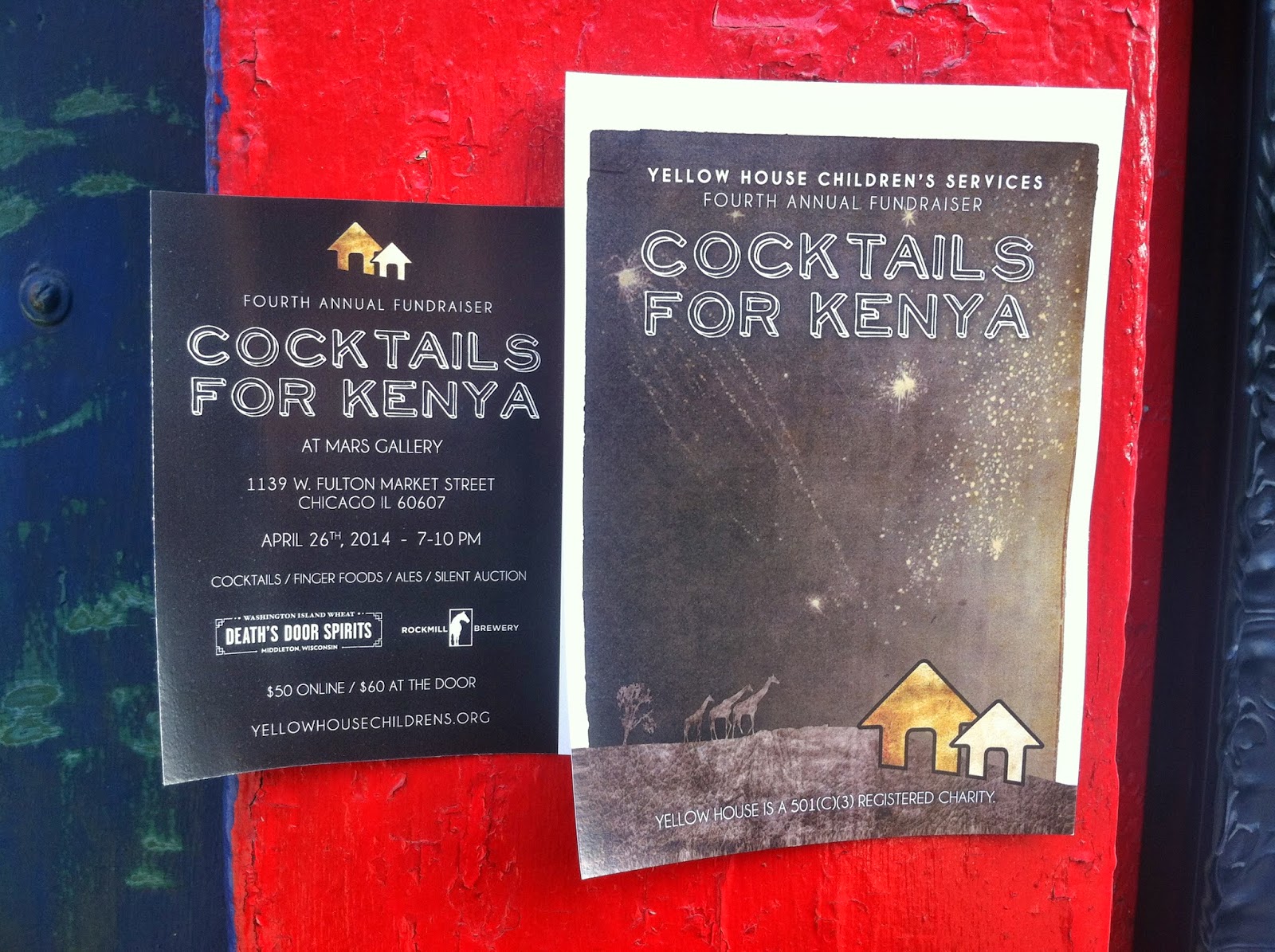So we have had lots and lots and lots of recent interest in visiting us in Kenya at Yellow House Children's Services (inquiries to info@yellowhousechildrens.org please). Typically, when individuals contact us there
are certain pieces of information that are helpful to know.. so.. Rachael and I put our heads together and answer some of the most frequently asked questions here:
How long should I come for?
As an organization Yellow House is flexible in the amount of
time visitors want to come to Kenya for. Our visitor stays tend to range from
ten days to four months. The longer you stay, the more you will get out of your experience.. but that's a good question: WHY ARE YOU COMING? WHAT DO YOU WANT TO GET OUT OF THIS? It is so helpful to us if you can answer these questions!
Because of the dearth of Speech Language Pathologists and other professional service providers in the region, Yellow House works
really hard to ensure that professionals who are coming are put to good use, in a sustainable way, doing projects that
can be continued after they leave. What we really love is when visitors return at a later time
to continue work they started.
Who do you want to visit?
Most of our visitors are professional speech language pathologists/therapists, special educators, psychologists and allied health professionals. We also host SLT students. There are very few organizations that are so focused
on communication disorders. Nationality wise, visitors join us from all over
the world though mostly Australia, Great Britain and the United States (in
about that order). We are a registered non-for-profit in the US, so US
volunteers who fundraiser for projects they wish to implement can receive a tax-exempt donation
letter.
What areas are do you work in?
We mainly work with pediatric school based caseloads, but we
also work in hospital clinics and with community based health organizations. There
is a wide range of diagnoses that you will run into including encephalitis,
Down syndrome, cerebral palsy, microcephaly, developmental delay, stuttering,
autism, stroke and hearing impairment. Currently we are developing a dysphagia
caseload, as there are lots of children and adults here with eating and
swallowing difficulties. We very rarely see individuals with mild issues. Most
of the individuals referred to us have significant medical or developmental
impairments. We make every attempt to take a functional approach to therapy
with a focus on how that individual needs to participate in their community.
We provide services within the framework of existing infrastructure. That means, everything we do, is embedded into a community based service that was there before us, and will remain after us.
Where is Yellow House located?
At this time we are really focusing our efforts on our projects
in Western Kenya. We work in
Kisumu, Vihiga, Kakamega or Mumias. If you look at a map of Western Kenya you
will see Kisumu is a large town that sits on Lake Victoria. Vihiga is 20
minutes on public transport from there, Kakamega is 60 minutes from there (40
minutes beyond Vihiga) and Mumias is about 60 minutes from Kakamega. We work
with the Educational Assessment Resource Centers in these places, the public
schools and the district hospitals.
Where do your visitors stay?
All visitors self-fund their own trips. For budgeting purposes, we estimate that monthly living costs (accommodation,
meals, laundry, transport) are approximately at $500 if you stay in one of our
houses, $1000 if you stay at a guest house.
If you plan to run a teacher training or workshop while you are
in Kenya, the trainer usually covers these costs, which include lunch
and transport costs for participants. Roughly, it costs $100 to train 50 people
for one day. We help organize the logistics of this.
Don't hesitate to email us with questions but it is easier to
consider your visit if you know when you are coming and for how long.
In the
meantime we recommend you buy a lonely planet/rough guide to Kenya and read it! Seriously.
Also, read books and watch films set in Africa. Try and get a bit of historical and contemporary perspective on the country. Kenya has a long history of colonialism that you should be knowledgeable about. The better informed you are about the
history and socio-politics of the region the more you will get out of your time
in Kenya and the better you will understand the context of service
delivery!
Below I have listed some titles by some of my favourite African authors.
Great reads:
•
“I Laugh so I Won’t Cry: Kenyan Women
Tell the Story of Their Lives” by Helen Halperin ***
•
“Playing by Their Rules: Coastal teenage girls
in Kenya on life, love and football” by Sarah Forde ***
•
“Imperial Reckoning: The Untold
Story of Britain's Gulag in Kenya” by Caroline Elkins (won a Pulitzer prize)
•
“Mimi and Toutou Go Forth: The Bizarre Battle of Lake Tanganyika” by
Giles Foden
•
“Desertion” by Abdulrazak Gurnah (Tanzanian
novelist)
•
“Half of a Yellow Sun” also “Purple
Hibiscus” and “Americanah” by Chimamanda Ngozi Adichie (Nigerian author)
•
“Tropical Fish: Tales from Entebbe”
by Doreen Baingana (Ugandan writer)
•
“When she was Queen” by M.G. Vassanji
(born in Kenya, raised in Tanzania)
•
“A Long Way Gone: Memoirs of a Boy
Soldier” by Ishmael Beah (from Sierra Leone)
•
“African Love Stories: An Anthology”
by Ama Ata Aidoo (Ghanaian author)
•
“One Day I Will Write
About This Place” by Binyavanga Wainaina (Kenyan author)
Colonial Perspectives
•
“West with the Night” by Beryl Markham ***
•
“I Dreamed of Africa” by Kuki
Gallmann (also a movie with Kim Basinger)
•
“Out of Africa” by Isak Dinesen/Karen
Blixen (also a movie with Meryl Streep)
•
“The Bolter” by Frances Osbourne (a
biography)
•
“White Mischief” by James Fox
*** highly recommended



